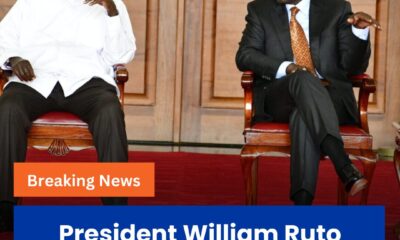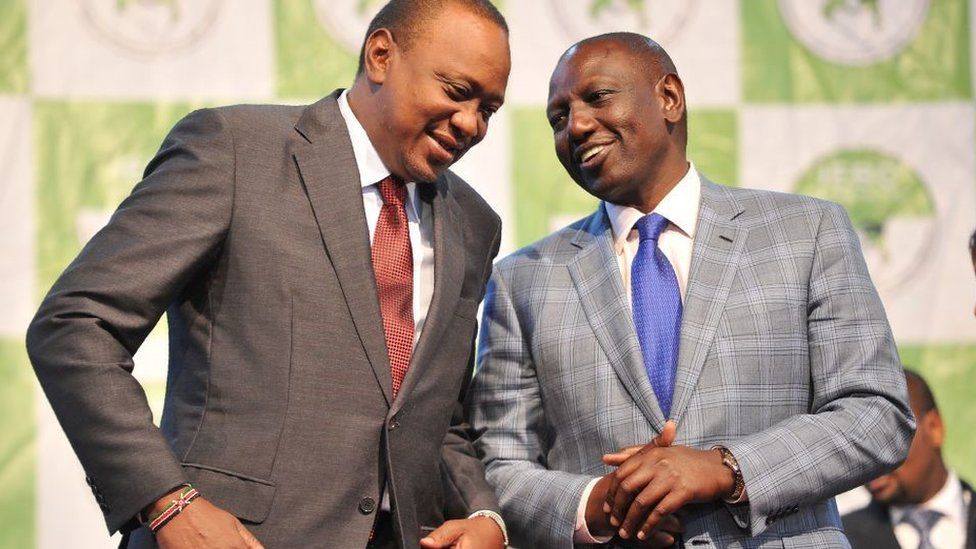On 27 April 2001, African Governments under the AU, in a gathering held in Abuja Nigeria made an historic pledge to allocate at least 15% of their annual budgets to the health sector. This declaration was reached as the AU member states realized that more resources were required to address the ever-pressing health needs especially with the pressure on resources created from by wide spread cases of HIV/AIDS, Malaria and Tuberculosis.
Twenty years later, the countries have not met this self-set target, especially due to differing priorities that clamor for the limited financial resources. Despite this, it is noteworthy to mention that many countries have a level of increased access to healthcare for their citizens. In many of the countries for example that were greatly affected by the aforementioned diseases, solutions have been found and the diseases are now under control, with less cases of fatalities.
So, should the AU members be thinking of allocation of 15% of annual budgets or availing accessible and affordable quality healthcare irrespective of where the finances come from? Jayesh Saini responding to this notes that the health sector is very broad and therefore governments should prioritize areas of intervention towards achieving access, equity, affordability and quality. He believes that the governments need take stock of the achievements reached this far towards attaining UHC. According to Jayesh, overall feedback should show the level of improvement of health of the population. In this context issues such as distribution of health facilities within countries, affordability of services, quantity and quality of human resources for health (HRH), quality of services, quantity of services being offered (how broad are the services people can access in a facility), cases of preventable deaths dealt with and outcomes are among factors that would give a clearer picture. There should also be a transparent assessment of usage of the financial resources set apart for healthcare. It is not a secret that government agents have been accused or even confessed loss in millions of dollars of funds through fraudulent practices, corruption, diversion of funds from non- core issues such as increased administrative costs.
Even though countries have generally not achieved the 15% allocation, there have been notable improvements in countries in specific areas that should be commended. For example, in Kenya, there is an increased penetration of both the private and public healthcare providers into rural and informal settlements, improving accessibility. Introduction of various payment models such as increased payment instalments instead of the once per annum, capitation that capitalizes on economies of scale and more non-formal groups pooling together has greatly improved affordability and access to services. Governments in many instances have started recognizing the important role that the private sector plays or can play in bring the above required results in the sector and have made investment more attractive by giving tax reliefs. Ethiopia and DRC are examples of countries that are now welcoming private – including foreign investors to partner in development of the healthcare sector, especially in setting up health facilities. Tanzania has also been highlighted as a country that has at one time achieved the 15% allotment. Despite this, there is still much the country needs to do to attain UHC. Nigeria was reported to have reduced the allotment, at one time going as low as 4%.
In the meantime, countries still need to prioritize a higher allotment to areas that directly impact service delivery such as human resources, infrastructure and supplies of drugs and diagnostics as they seek to fulfill the Abuja Declaration. Protection of those in the forefront of serving people should be part of the governments’ priority because without a health, safe, happy HRH, the expected health outcomes would not be met.

 General News7 days ago
General News7 days ago
 General News3 days ago
General News3 days ago
 Politics3 days ago
Politics3 days ago
 General News1 day ago
General News1 day ago












